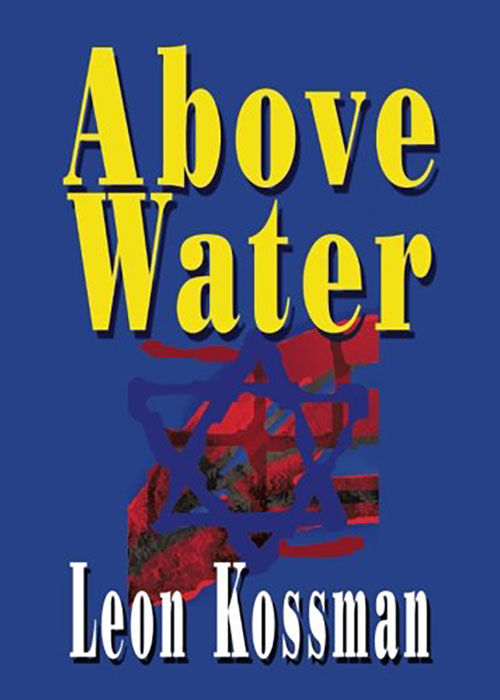
Above Water deals with effects of Nazism on Harry Rosen, a Latvian Jew. Harry has to endure the inferno of the Riga ghetto. He escapes from the ghetto and finds a hiding place in the apartment of Anna, sister of a friend. After the liberation of Riga, Harry marries Anna and studies at Riga University. Later, Harry and Anna decide to go to the United States. In New York, Harry publishes a book on modern history; to gather material for the book, he goes to Germany. In Berlin, he has an encounter with the now former SS officer whom he tricked thirty years ago in Riga when he escaped from the ghetto. The German does not recognize Harry. Harry’s German tour has ended. He has gathered the needed material for his next book.
Above Water is an important book about life in two totalitarian states–first, German-occupied Latvia, then the Soviet Union during the Cold War.
Launched in 2012, “Four Centuries” is an international electronic magazine of Russian poetry in translation.
“The Lingering Twilight” (“Сумерки”) is Marina Eskin’s fifth book of poems. In Russian.
A collection of moving, often funny vignettes about a childhood spent in the Soviet Union.
“Vivid picture of life behind the Iron Curtain.” —Booklist
“This unique book will serve to promote discussions of freedom.” —School Library Journal
A new collection of poems by Ian Probstein. (In Russian)
Young readers will love this delightful work of children’s verse by poet William Conelly, accompanied by Nadia Kossman’s imaginative, evocative illustrations.
A book of poems by Maria Galina, put together and completed exactly one day before the start of the Russian invasion of Ukraine. This is Galina’s seventh book of poems. With translations by Anna Halberstadt and Ainsley Morse.